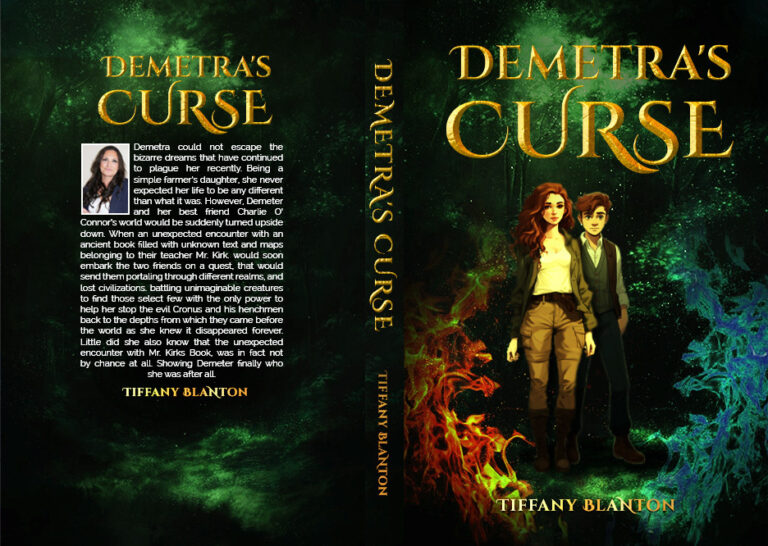Deceptive Disguises: Trust and Hidden Identities
In a world threatened by the return of the evil Cronus, Demetra’s life is upended when her trusted teacher, Mr. Kirk, transforms into the villainous Tagu. This shocking revelation forces her to confront the dangers of deception and the importance of questioning authority figures, especially when their actions raise suspicion. Tagu’s hidden identity embodies the concept of not trusting appearances solely. This article explores the complexities of trust, the potential consequences of blind faith, and the need for vigilance when authority figures exhibit suspicious behavior.
Demetra’s experience with Mr. Kirk/Tagu highlights the dangers of trusting appearances. Teachers, mentors, and other figures of authority are often placed in positions of trust. We rely on their knowledge, guidance, and integrity. However, Demetra’s story serves as a cautionary tale, reminding us that appearances can be deceiving. Demetra’s initial trust in Mr. Kirk is shattered when his true identity is revealed. This betrayal emphasizes the importance of critical thinking and questioning authority, especially when inconsistencies arise. Did Mr. Kirk ever show signs of unusual behavior? Were there subtle clues Demetra might have missed? The story compels readers to reflect on their own experiences with authority figures and to be more discerning in their interactions.
Tagu’s hidden agenda raises concerns about the potential consequences of blind faith. Demetra’s initial trust in her teacher almost jeopardizes her safety and the safety of those around her. Blind faith can cloud our judgment and make us susceptible to manipulation. The article delves into the concept of trust by exploring the different types of trust we place in others. Demetra’s initial trust in Mr. Kirk is based on their professional relationship as teacher and student. However, the revelation of his true identity necessitates a reevaluation of that trust. The article explores the importance of rebuilding trust after a betrayal and the complexities of navigating interpersonal relationships in the face of deception. Can Demetra ever trust another teacher in the same way? How can she move forward, knowing that appearances can be so misleading?
Demetra’s encounter with Tagu serves as a valuable lesson in the importance of questioning authority and not trusting appearances solely. By critically evaluating the actions and motives of those in positions of power, we can safeguard ourselves from potential harm. The article emphasizes the need for vigilance and encourages readers to develop a healthy skepticism toward authority figures, especially when their actions raise red flags. However, it also acknowledges the challenge of maintaining a balance between healthy skepticism and fostering genuine connections with mentors and teachers. The story leaves the reader pondering: How can we discern trustworthy authority figures while remaining open to guidance and learning?


